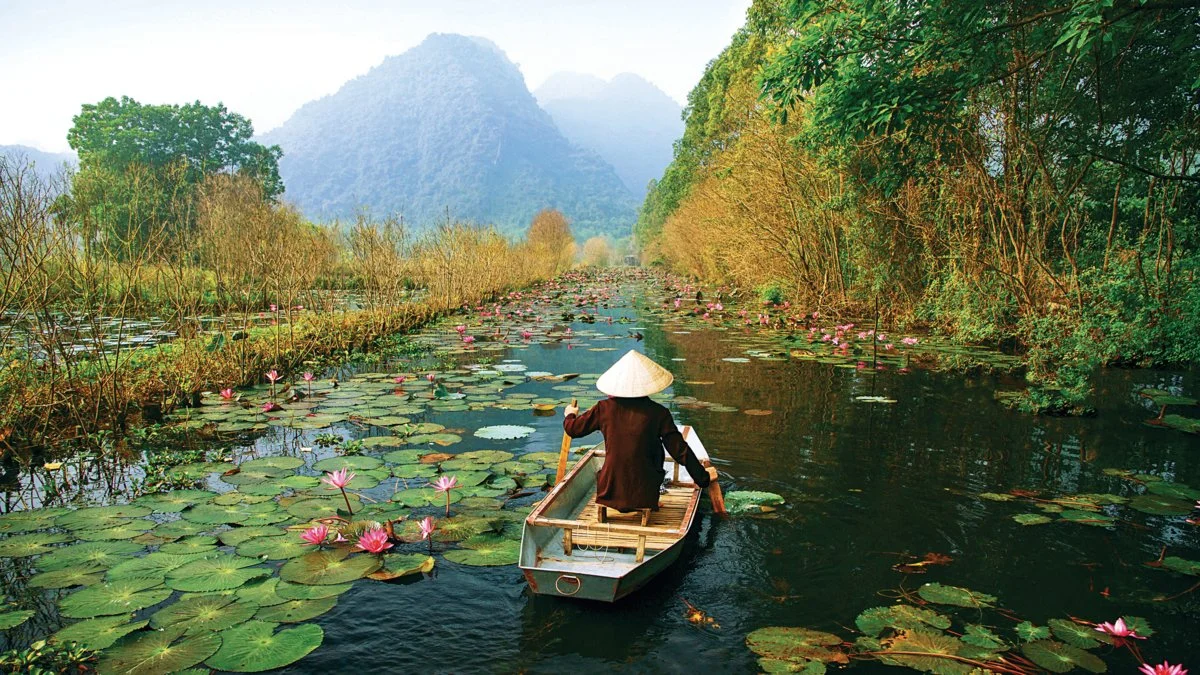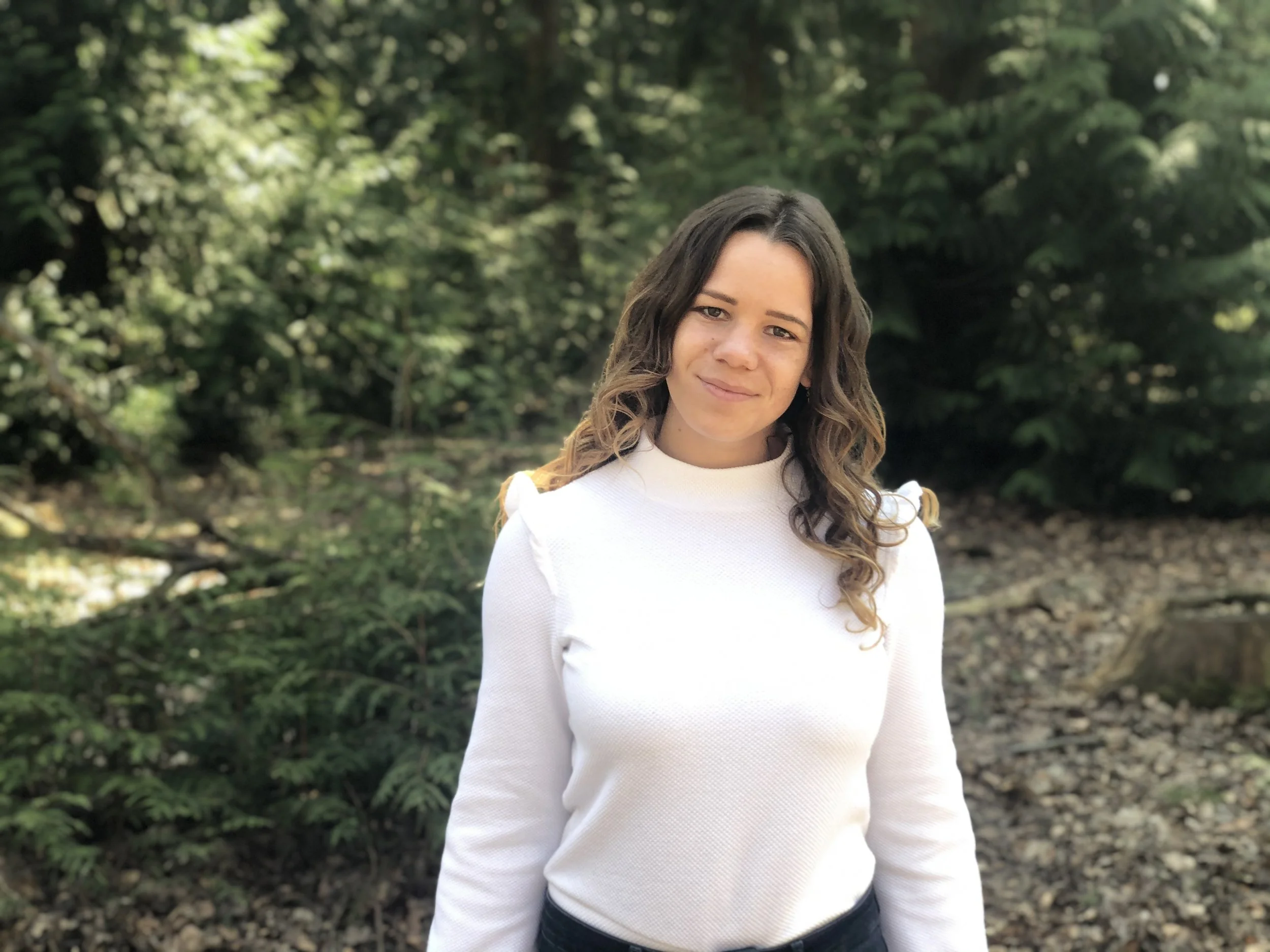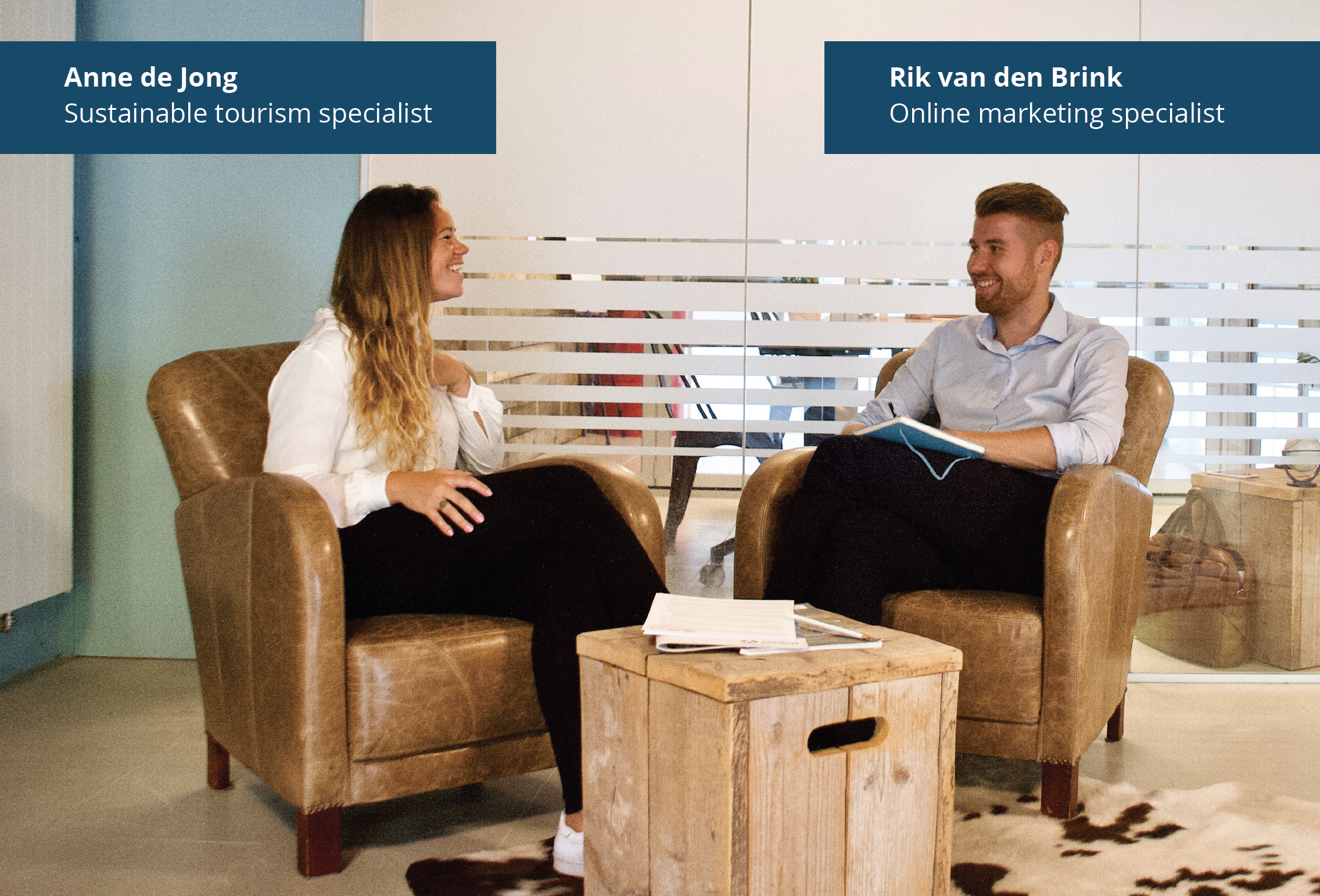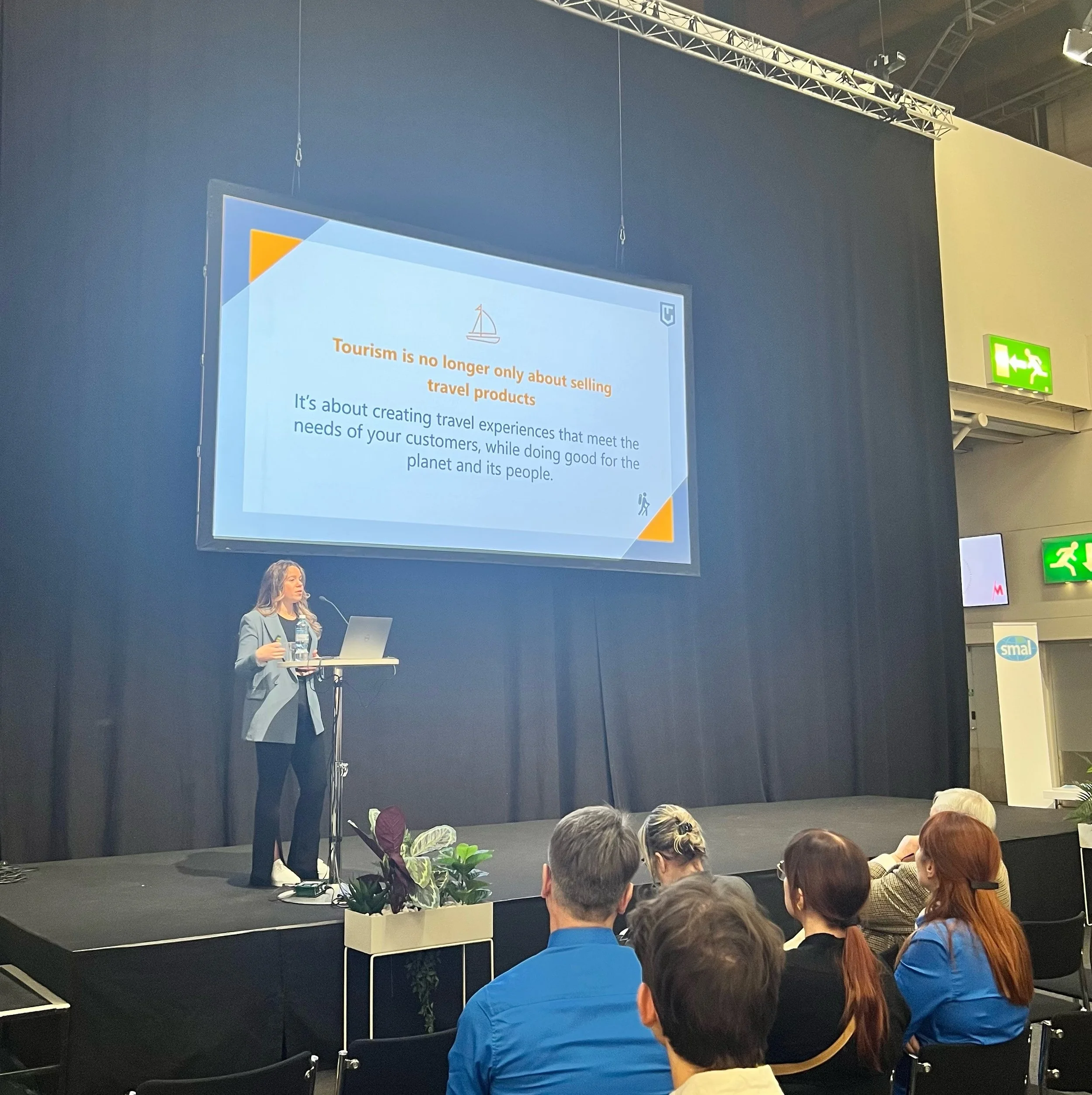Tour Operators: Vanguards of Change for the Travel Sector in Times of Uncertainty
Photo by: Uniworld
In an era when sustainability has become existentially important, the travel and tourism sector finds itself at a pivotal crossroads: innovate or stagnate, or worse yet deteriorate.
This summer, Asia and much of the Northern Hemisphere were engulfed in extreme heat domes, and now parts of Asia are being battered by typhoons and monsoons back-to-back.
Bali’s high tourist season, normally from April and August, is ending on a dampened note, affected by the unusual off-season torrential rain and severe floods. The worse-than-expected monsoon season has consummated India’s attempt at alluring travelers to visit during wet weather.
These extreme weather events are raising alarm for an urgent need to normalize a climate-conscious way of travel, and our operators have the unique opportunity to spearhead the sector's adaptation to the new climate economy.
Beyond producing viral Instagram posts and Tiktok reels about dreamy destinations, tour operators can serve as industry stalwarts to orchestrate a harmony of business innovation, social responsibility, and environmental conservation.
Curators of Eco-Conscious Experiences
At the heart of a tour operator's role is the art of curating unforgettable experiences. Tour operators’ job is no longer just about matching destinations and experiences with travelers; it is about crafting itineraries that minimize ecological impact and facilitate responsible interactions to protect the long-term interests of businesses and travelers.
Advocates of Communities and People
Tour operators are the conduits through which communities can be empowered and uplifted.
By highlighting local artisanship in their experience, tour operators help deepen the connection between travelers and the communities they visit. This human-centered approach not only enriches the travel experience but also ensures that tourism becomes a force for positive change.
Stewards of the Environment
By imparting knowledge about delicate ecosystems, biodiversity hotspots, and responsible wildlife interactions, tour operators are well-positioned in cultivating a new breed of travelers – those that approach their journeys with reverence and a commitment to leaving a positive mark on the places they explore.
But All This Must Start with a Strong Foundation of Knowledge
Tour operators' ability to innovate, educate, and lead by example will shape the trajectory of travel. But some may wonder where to begin.
We recently spoke with Anne de Jong, a sustainable tourism consultant from the Netherlands and co-founder of the Good Tourism Institute, an online learning platform that empowers travel businesses that are committed to sustainability to maximize their long-term success and impact.
We discussed how her company is supporting tour operators in building a more sustainable and responsible future for the industry by providing them with accessible education and a like-minded community.
Anne serves as a consultant to travel businesses and destinations to become more resilient and to create a positive impact on people, planet, and profit through tourism. Anne’s main focus is to make responsible tourism easier, more accessible, and attractive and to help tourism businesses grow better for a successful and responsible future.
She also works as a freelancer for certification schemes Travelife for Tour Operators and Green Destinations as coach and auditor
Hello Anne, our team at ASTB has been following the Good Tourism Institute for quite some time. Can you bring us back to how you founded the Good Tourism Institute?
Thank you. We launched the Good Tourism Institute in the first few months of the pandemic, around three and half years ago. It all started when many tour operators asked me “What’s in it for me when I become more sustainable?” Some felt that sustainability was to be reserved for a select few ‘do-gooders’.
Rik and I came together and realized that we could leverage his digital marketing and storytelling expertise to answer these questions. We set out to support travel businesses in differentiating themselves from their competitors and connecting with authentic-experience-seeking travelers.
For us, the Good Tourism Institute focuses on empowering travel businesses that are committed to sustainability to maximize their long-term success and impact.
It all started when many tour operators asked me “What’s in it for me when I become more sustainable?” Some felt that sustainability was to be reserved for a select few ‘do-gooders'
What prompted you to focus on working with tour operators, as opposed to the hotels? What challenges did you want to resolve with your company?
I have always loved to travel and explore new destinations, cultures, and nature. Right after graduation, I interned at sustainable tour operators and started working for a tour operator certification scheme (Travelife for Tour Operators).
From my experience, I believe that a future-proof tourism industry is only possible if we take care of people and the planet now. This is further supported by increasing demand from travelers for local and special travel experiences.
With the Good Tourism Institute, we want to work toward making sustainability the default business principle for all travel companies. We work to make it a norm to benefit locals, preserve nature, reduce carbon and plastic pollution, and offer travelers an amazing unforgettable travel experience at the same time!
What is your typical member profile and what services do you offer them at the Good Tourism Institute?
We work with travel businesses that look to combine sustainability with successful entrepreneurship. To make a profit from a positive impact and to not compromise on the travel experience because they’re also focused on sustainability.
Our members are trailblazing SMEs, change-makers, and eco-conscious entrepreneurs who want to fuse profitability with environmental consciousness. They are forward-thinking owners and product managers who want to amplify success and impact by nurturing relationships to cultivate committed staff and devoted clientele, spearheading responsible production, and building robust online branding.
Our role is to help them transform and achieve their ambition.
How did you learn about the different benefits for tour operators to be sustainable? What have been some of your interesting discoveries?
Throughout the years, we’ve traveled a lot and the best travel experiences were those that were interactive, genuine, and good for people, planet, and profit. For example, we enjoyed stunning nature in Indonesia, going on a hike with a local Maasai guide in Kenya, tasting a local dish in Guatemala, and simply immersing ourselves in new cultures. This makes me happiest as a traveler.
As a travel business, you want to give travelers a happy and unforgettable experience. So happy that they become local and want to return to do another experience with you. We’re teaching tourism businesses to not only anticipate the demand of travelers but also be mindful of the need of the destination.
I believe that success stems from aligning stakeholder interests, fostering authentic local interactions, and engaging travelers in transformative encounters. We have seen so many amazing testaments to this philosophy after working with hundreds of tour operators in the past few years.
Building on the experience economy principle, happy and engaged locals help craft immersive, positive, conscious experiences for travelers.
“I believe that success stems from aligning stakeholder interests, fostering authentic local interactions, and engaging travelers in transformative encounters. We have seen so many amazing testaments to this philosophy after working with hundreds of tour operators in the past few years.”
What has been your most unforgettable and rewarding experience with the Good Tourism Institute? Why is that so?
What I find most rewarding is personal coaching and support that allows me to steer travel businesses to thrive and amplify positive impact. I enjoy simple yet impactful brainstorming on reducing plastic and coming up with resonating email marketing.
I am excited about our freshly initiated one-on-one mentorship program that centers on personal empowerment, fostering sustainable triumph, and forming lasting partnerships. I like the personal connection and building towards a goal with a travel business.
The Good Tourism Institute’s website blog is packed with clear actionable advice. What are the top 3 benefits people expect to gain from taking your courses? Can you give us a sneak peek into what it is like to be a member and a student at the Good Tourism Institute?
We are very committed to empowering sustainable travel enterprises to maximize their positive impact, at the same time we understand that there is no one-size-fits-all approach to achieving success and sustainability. A business's vision, mission, unique selling points, and added value shape its sustainability strategy. Additionally, timing and implementation are also crucial factors to achieve success. Success comes to those who understand their purpose and audience, adeptly crafting popular responsible travel experiences that prioritize people and the planet.
Our students work through our tailored framework that helps them elevate their sustainability strategy, product quality, internal and external communications, and collaboration.
Our students who take our course at the Good Tourism Institute can expect to gain the following benefits:
Craft best-selling travel experiences for your ideal target audiences, while benefiting local communities and protecting nature.
Enhance internal communication, and nurture supply-chain partnerships for best-in-class services.
Cultivate a powerful online identity to attract the right travelers and boost bookings.
Can you give us any examples of how your students in Asia apply what they learned from you to do their job better and improve their business?
In Asia, our teachings very much align with the Good Tourism Institute’s core focus and values. For example, some of our notable achievements include:
a carbon-conscious operator shifting to biking tours, reducing their carbon footprint and winning travelers’ positive feedback
a travel agency adopting impact-focused product criteria
a day-trip provider elevating its experience by including visits to local shops to support the local economy
a tour operator scaling up its website content and increased website visitors and bookings
a tour operator training its guides to be more knowledgeable about sustainable tourism and offer personalized experiences
Are there any recent company achievements you want to highlight as a news development?
We’ve been working hard the last few months to redefine our mission and approach.
Our redefined mission is to empower travel businesses that are committed to sustainability to gain long-term success and impact. This shift allows us to focus better on our target audience, so we can now be further specific in our approach.
We’re also excited to launch the mentorship program that helps travel businesses fast-track their journey under our guidance. While our online course framework is easy to follow, implementing the theory and taking action is another challenge. Our end goal is to create a mentorship program that serves as an accountability and support system for our students.
Photo by: With Locals
What are some future goals or areas of practice the Good Tourism Institute hopes to expand into?
As mentioned, our mentorship program will offer another layer of in-depth and personalized support to our students.
We also want to grow our videos and content library content to keep providing practical insights and tips for travel businesses to take the first steps themselves.
We also want to bring like-minded professionals together at live events and expand our community.
The ASTB community loves actionable advice. Last question for you Anne. It has two parts. What is the best professional and/or life advice that you have ever received? What advice would you give aspiring professionals who want to promote sustainability and climate actions through travel and tourism?
Thank you, I really like this question! The best personal advice I ever received is to unapologetically be myself. To truly follow my own path and dreams. To express my own opinion and style. To prioritize me in my personal and work life. This is the best position to be in to attract like-minded people, land that amazing job or project, and live a happy life.
The advice I would give aspiring travel professionals is that sustainability is key to long-term success. But that only works if it's implemented throughout the entire organization and communicated well. Simply being sustainable is no longer enough to stand out. It has to be combined with amazing travel experiences, excellent customer service, and a strong brand identity.
Over 270 students have taken the courses offered by the Good Tourism Institute. The flagship course How to Become a Better Tour Operator includes 10 modules supported by 50+ sub-themes and 25+ videos.
Students will have access to 50+ assignments, and over 70 best practice examples and supporting materials combined. Upon finishing the course, they will be given a completion certificate that they can share on social media.
If you’re interested in taking Good Tourism Institute’s courses, you will receive a 10% discount by using the time-limited promo code ASTB10.
We may earn a commission if you make a purchase through our links at no extra cost to you. This supports us in providing valuable content to our readers. As always, we only recommend products and services that we truly believe in and that align with our commitment to sustainability.
Interested in reading more stories like above?
Subscribe below and be among the first to receive agenda-setting analysis and advice in your inbox.












